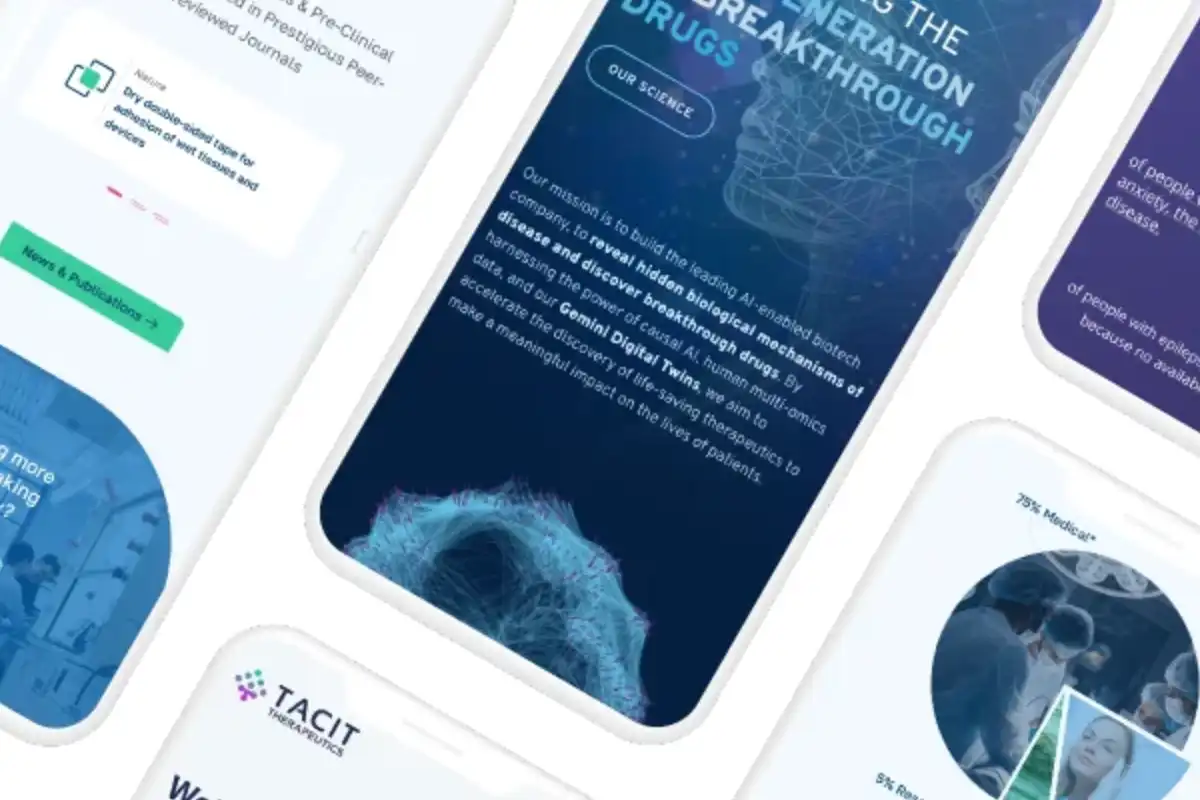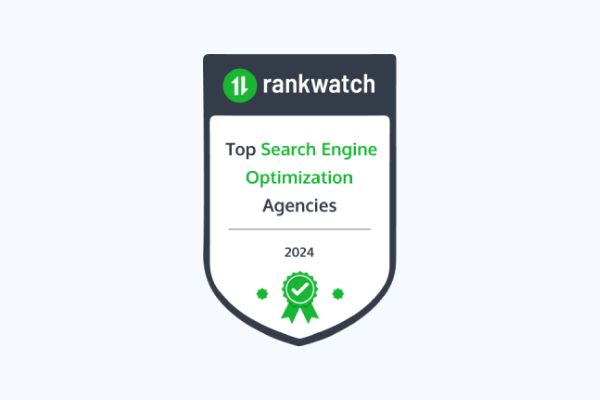There are more than 2.8 billion social media users worldwide, and the much-coveted demographic of adults aged 18-34 are the most likely to log on. If you’ve been dragging your feet on developing a social strategy — it’s time to come to get on board. Digital marketing trends are clear: Social media platforms aren’t going anywhere. As important as a social media presence is, however, creating an account is not enough on its own. You can’t set and forget a social page. Tracking metrics lets you know what’s working, where you’re flopping and if your social media pages are helping your brand reputation. Here are five key metrics to start tracking.
1. Post Engagement
Shooting for a high number of followers is great, but if no one is engaging with your content, you’re not likely to get anywhere. Engagement metrics can be even more meaningful than tracking your number of followers. Track what types of posts are getting the most engagement and adjust your content accordingly. Most importantly, you should keep an open mind and remember that the types of posts that soar may not be the ones you expected to fare the best. Engagement can include likes, shares, retweets, comments, and tags.
2. Referral Networks
Are you referring people back to your website from social media pages? If not, you should be. What’s more, you should be tracking your referral traffic. This metric tells you which social media platforms your customer base is using to find your website and allows you to make future investments accordingly. You can track referral metrics using your own website analytics in most cases, or you can leverage other tools like Google Analytics to see which social media sites are referring the most customers to your site.
Another great referral tool is Google AdWords. You will see how many people are shown your ads, visit your website, or call your business. You can even target specific types of potential customers. While you may not want to rule out platforms that aren’t sending you a lot of traffic, you can also adjust your strategy on them to initiate traffic growth.
3. Social Mentions
Naturally, you want people to talk about you on social media. This creates brand awareness and builds your online reputation. But what if the things people are saying about your company are less than flattering? If your social media mentions leave something to be desired — you should pay even closer attention to the pulse of your mentions.
There are a few ways to track your social media mentions. Your social media manager can manually check how many times people are talking about your company; this method is more fruitful on some platforms than others, especially since people won’t always tag your company page when they mention you. Next, you can enlist the aid of a social listening software. Social listening programs scour social media platforms and identify patterns related to the conversations about your company. They figure out if the sentiment is generally positive or negative. If your company is often mentioned with the terms “good deal,” “happy” and “favorite,” for instance, you’ll get a positive report. When your mentions are flooded with “refund” or “worst,” you have work to do. But at least you know about it.
4. Reach
Your social media reach metrics give you an idea of how many people are seeing your content. Unlike impressions, which only tell you how many times your content is displayed, reach provides a clearer picture of the number of unique users who see your posts. If you review the numbers and discover not enough people are getting peepers on your content, you know that you need to promote some posts or find a new way to funnel an audience to your page.
Reach can also be compared with other metrics to see how successful your campaigns are doing. If your reach is high but your engagement is low, people are seeing your content but they’re not doing anything about it. If your reach is low as well as your engagement, people can’t do anything with your content because they’re not seeing it. The relationship between reach and engagement will dictate your strategic moves.
5. Conversions
What is your end game? This is a question you should always ask yourself when you’re creating a social media strategy. As a business, your ultimate end game is always conversions. You may want people to click back to your website and make a purchase, use click-to-dial to call your company right from your social page, or reach out and contact you via email. Tracking conversions for the action you most want people to take is a good way to measure success on social. Many social media platforms, like Instagram, are making it easy for consumers to make purchases right from your social media post.
Measuring KPIs across social media is essential to getting the most from your platforms. Many companies make the mistake of buying followers and throwing up hastily conceived posts based on the misconception that the quality of their engagements doesn’t matter. In reality, measuring conversions, the sentiment of your mentions and other metrics is the only way to turn your digital marketing strategy into cash.









